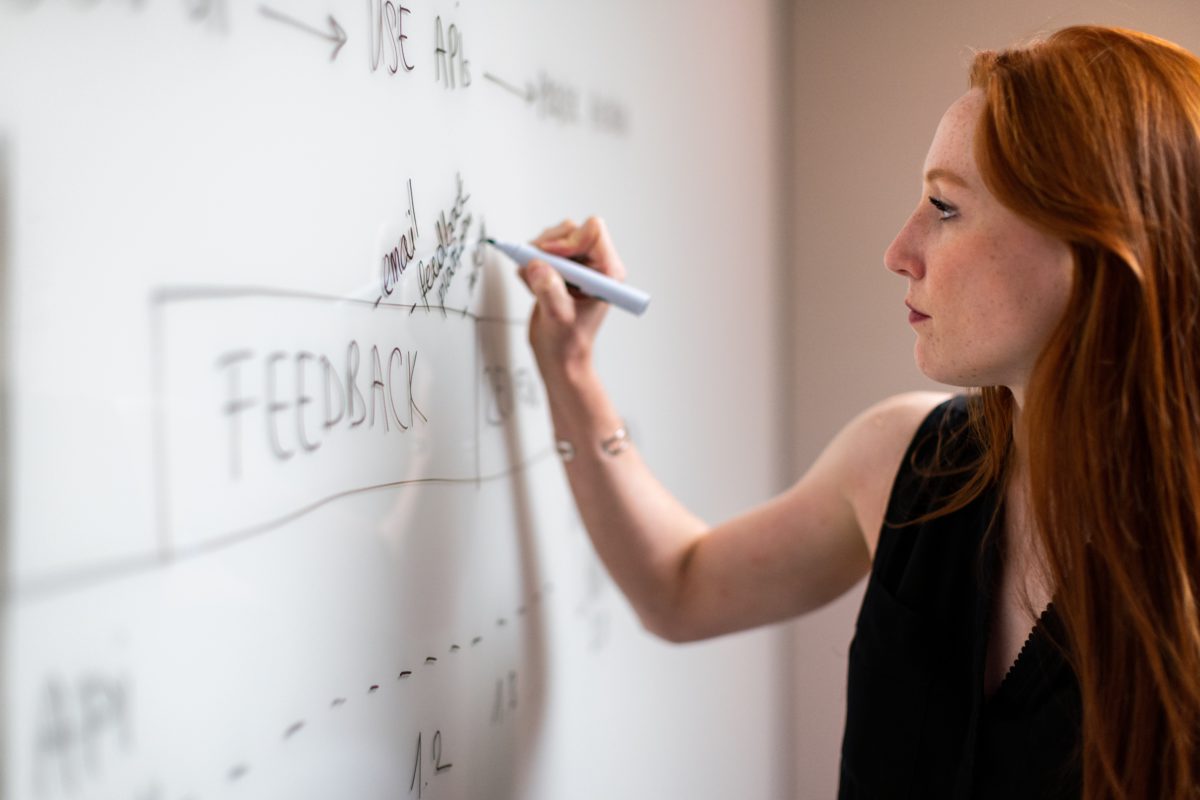The Utah Innovation Center held its first commercialization cohort to support Utah companies navigating customer discovery and product-market fit of innovative technologies. The cohort was facilitated by Nicole Toomey-Davis, president and CEO of Enclavix, LLC, and co-creator of the VentureWrench start-up coaching platform. Based on the Lean Launchpad curriculum pioneered by Steve Blank at Stanford University, the cohort coached Utah companies within the Small Business Innovative Research (SBIR) and Small Business Technology Transfer (STTR) ecosystem.
The cohort was tailored to the specific needs of the participating entrepreneurs and revolved around customer discovery interviews, a process aimed at helping companies deeply understand their customers. Over ten weeks, participants engaged in numerous discovery interviews, which yielded an understanding of the customer’s perspective, assisting companies to refine assumptions and approach problems with fresh insights.
The second part of the program offered a comprehensive structure, including weekly content sessions, Q&A, and team presentations. The content sessions delved into crucial aspects of markets, channels, and go-to-market strategies. Emphasizing the importance of focus, Ms. Davis guided entrepreneurs to identify a “beachhead” customer — the most likely to adopt their offerings. This strategic approach enables companies to establish credibility and early revenue when they enter the market before expanding their customer base.
The personal coaching component was the third leg of the cohort and proved to be a game-changer. Drawing from her experience as a serial entrepreneur, SBIR awardee, NSF SBIR reviewer, and I-Corps mentor, Ms. Davis spent 1 to 1.5 hours with teams biweekly, addressing problems, providing guidance, and aiding in breakthroughs. Participating teams underscored the significance of the coaching sessions, emphasizing that the laser-focused approach to each team’s concerns and challenges was instrumental in their progress during the cohort.
“The one-on-one training was particularly helpful. Each cohort member had different needs, and the training allowed us to work on what was most important for us,” said one cohort participant.
Despite the time-intensive nature of the program, six teams dedicated 10 to 20 hours per week and unanimously agreed that the benefits far outweighed the time commitment.
“We were fortunate to participate in the Utah Innovation Center’s first commercialization cohort and found it to be even more helpful than we had anticipated,” said Andrea Dremann, chief operating officer of Proactive Memory Services. “Through the discovery interviews, guidance, and individual coaching sessions, we developed a robust business model canvas and left the training with a much clearer understanding of our customers, their needs, and how we can best provide solutions using our technology.”
The end goal of the cohort was clear — to provide clarity on target customers, refine technology development, and prepare companies for future capital-raising endeavors.
The cohort was funded in part through a cooperative agreement with the U.S. Small Business Administration. It targeted one of the four objectives of the SBIR/STTR program: increasing private sector commercialization of innovations derived from federally funded research and development.
The Utah Innovation Center’s 10-week commercialization cohort emerged as a unique and impactful initiative. The Center expects to conduct another commercialization cohort in the spring of 2024. If you are interested in participating, please apply when registrations open in February, with more information to come.
Companies interested in pursuing non-dilutive R&D funding through the federal Small Business Innovation Research (SBIR) and Small Business Technology Transfer (STTR) programs can contact the Utah Innovation Center at innovationutah@utah.gov.
